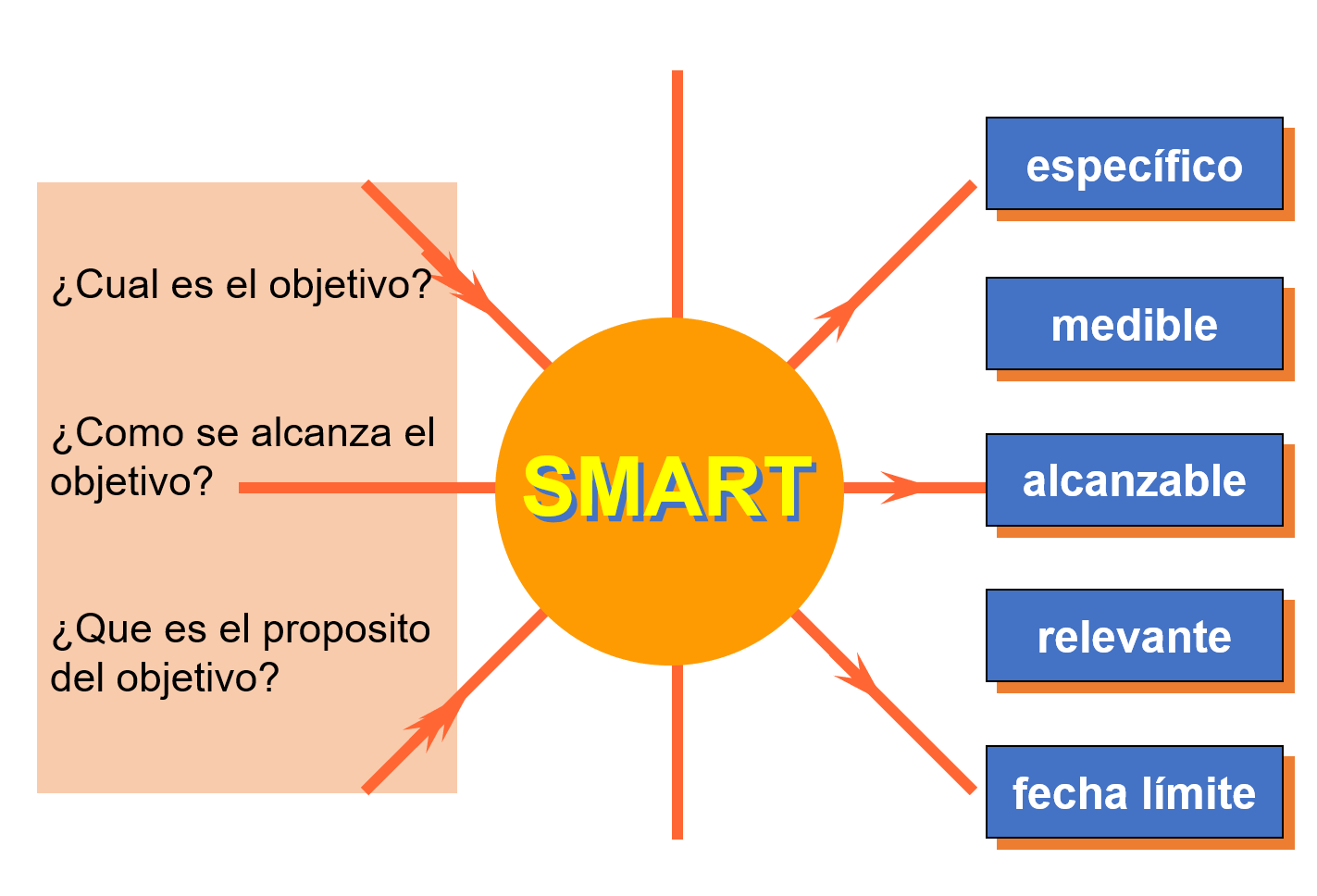The introduction of SMART objectives in an educational environment
Main Article Content
Abstract
It is recommendable to in general establish objectives that follow the so-called SMART methodology, which stands for Specific, Measurable, Achievable, Relevant and Time-bound. Its implementation among the student population can help in the transition from an educational environment to an industrial environment. In addition, this can provide the student with a better understanding of the content and context of a course, a more transparent evaluation process, a better recognition of relevant knowledge acquired in other courses and an improved time management skill. The approach of using SMART objectives can be particularly valuable in the last semester courses of a study that involves the development of a project.
Article Details
Citas en Dimensions Service
References
Bjerke, M. B., y Renger, R. (2017). Being smart about writing SMART objectives. Evaluation and Program Planning, 61, 125–127. https://doi.org/10.1016/j.evalprogplan.2016.12.009
Castellanos Fernández, J. (1990). Anatomía y mercado de la ingeniería de proyecto. Educación Química, 1(1), 16. https://doi.org/10.22201/fq.18708404e.1990.1.67030
Favre, E., Falk, V., Roizard, C., y Schaer, E. (2008). Trends in chemical engineering education: Process, product and sustainable chemical engineering challenges. Education for Chemical Engineers, 3(1), 22–27. https://doi.org/10.1016/j.ece.2007.12.002
Lawlor, K. B., y Hornyak, J. M. (2012). Smart Goals: how the application of SMART goals can contribute to achievement of student learning outcomes. Journal of Developments in Business Simulation and Experiential Learning, 39, 259–267.
Lewin, D. R., Seider, W. D., y Seader, J. D. (2002). Integrated process design instruction. Computers and Chemical Engineering, 26(2), 295–306. https://doi.org/10.1016/S0098-1354(01)00747-5
Licenciatura Ingenieria Quimica. (n.d.). Retrieved August 20, 2023, from https://quimica.unam.mx/ensenanza/licenciaturas/ingenieria-quimica/
Pulakos, E. D., Hanson, R. M., Arad, S., y Moye, N. (2015). Performance management can be fixed: An on-the-job experiential learning approach for complex behavior change. Industrial and Organizational Psychology, 8(1), 51–76. https://doi.org/10.1017/iop.2014.2
Wolf, A., y Akkaraju, S. (2014). Teaching Evolution: From SMART Objectives to Threshold Experience. The Journal of Effective Teaching, 14(2), 35–48.
Woodside, J. M. (2018). Real-world rigour : An integrative learning approach for industry and higher education. https://doi.org/10.1177/0950422218784535

Educación Química por Universidad Nacional Autónoma de México se distribuye bajo una Licencia Creative Commons Atribución-NoComercial-SinDerivar 4.0 Internacional.
Basada en una obra en http://www.revistas.unam.mx/index.php/req.




